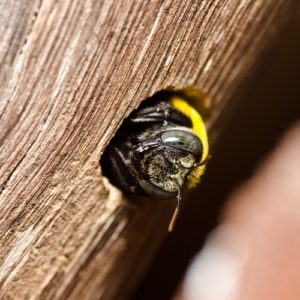
Recently, however, a neighborhood in Boulder made a pledge to “bee safe” through a new community program and do what they can to ensure that the bee population remains healthy. The initiative, which has already registered over 200 homeowners in North Boulder, calls upon residents to change the way they go about gardening and maintaining their lawns. Effectively, residents being are asked to move away from the use of traditional pesticides, such as pulling weeds instead of killing them chemically.
In April of 2013, the European Commission banned a host of pesticides which are believed to play a role in the theorized “colony collapse disorder”. Colony Collapse Disorder refers to the phenomenon of bees within a colony dying off rapidly until the colony itself can no longer be sustained. Currently, it is particularly common in colonies of European honeybees, which are the kind that we depend on to pollinate many of our staple crops. Since the banning of specific pesticides in 2013, Europe has maintained more activity than the United States in attempting to curb CCD. This community in North Boulder is the first in the state of Colorado to earn the “bee safe” distinction.
Though it may sound like additional work to forego pesticides for manual yard work, Sean Maher, one of the residents of the North Boulder community who has taken the bee safe pledge, says it’s well worth it.
“I used to use weed killers and now thanks to my neighbor who taught me the lesson I pick my weeds,” Maher said. “It’s a relatively small change for the impact it could make.”

